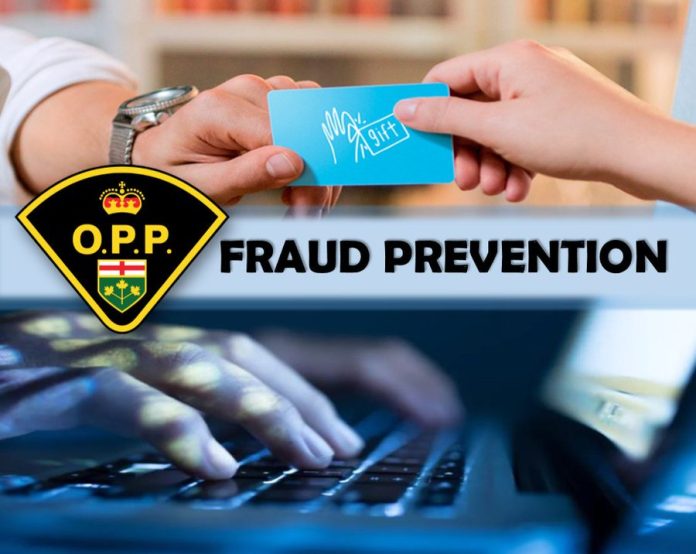To mark Fraud Prevention Month, the Canadian Securities Administrators (CSA) is reminding Canadians to remain vigilant about potential investment scams and misleading advice. While online financial advice is readily available, the CSA encourages investors to verify information sources and work with registered professionals to reduce the risk of becoming victims of fraud.
“Investment fraud is prevalent and increasingly sophisticated, affecting investors across the country,” said Stan Magidson, CSA Chair and Chair and CEO of the Alberta Securities Commission. “It’s more crucial than ever for people to safeguard their financial interests by learning more about current scams, and verifying sources of investment information.”
Although social media platforms, apps and websites have become a popular source of investing information, Canadians should recognize that not all information is provided by qualified or well-intentioned individuals. To help protect investors from fraud, the CSA encourages Canadians to:
- Verify information sources: Don’t rely solely on online content or influencers that promote investment advice. When uncertain about the quality of an information source, consult a qualified and registered investment advisor or financial professional.
- Work with registered professionals and firms: Ensure that individuals involved in securities trading or advising are registered with a Canadian securities regulator. Use the CSA’s National Registration Search to confirm the credentials of any potential advisor or service provider.
- For crypto investments, opt for registered crypto trading platforms (CTPs): Canadians interested in crypto asset transactions should exclusively use platforms registered with Canadian securities regulators. Non-compliant platforms are more likely to pose risks or lack necessary investor protections. It’s crucial to recognize that crypto investments entail high risks. Educate yourself about these risks before committing funds.
- Be wary of these common scam tactics:
- Guaranteed and/or high profits: Many fraudulent pitches promise high returns or guaranteed profits, showing examples of high account balances or affluent lifestyles to reinforce their pitch. In reality, all investments come with some level of risk, and if it sounds too good to be true, it likely is.
- No risk and urgent action: Scammers often rely on messaging that pushes quick action, while promising little to no risk. These tactics encourage investors to move quickly, without taking the time to check the information or the source. These scams often have “once in a lifetime” messaging.
- Requiring access to electronic devices: Scammers will often ask for direct access to your electronic devices, such as your phone, laptop or tablet. Never provide access to your electronic devices.
- Loss recovery: Once an individual has become a victim of a scam, scammers will re-target them with false promises to get lost money back, which often results in additional financial loss.
Canadians should fully understand what they are investing in and the risks involved prior to investing. For more information about investing, and how to protect yourself from fraud, visit the CSA’s Investor Tools webpages.
To shed light on the proliferation of inaccurate, misleading or fraudulent investment advice on social media, the CSA re-launched its “Human Disclaimers” campaign for Fraud Prevention Month. These videos feature people acting as “human disclaimers” who question common “get rich quick” social posts and encourage Canadians to check their information sources and do proper research before investing.
The CSA has investor tools and resources available at https://www.securities-administrators.ca designed to help Canadians be informed investors. Investors can stay informed of the latest investor tips, news and developments by following @CSA_News on X (Twitter) and @CSA.ACVM on Facebook.
The CSA, the council of the securities regulators of Canada’s provinces and territories, co-ordinates and harmonizes regulation for the Canadian capital markets.








